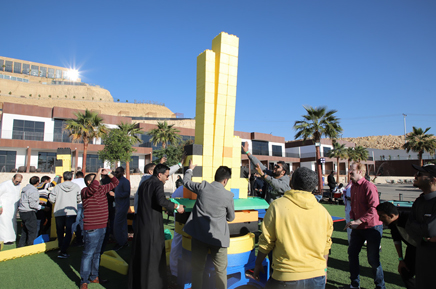
As with our broad HR strategy, our people development and motivation strategy is aligned with the Exchange’s goals, albeit with a more future oriented emphasis. We have put in place a Career Path Programme which gives direction to the employees for their future progress while filling the Exchange’s needs in the years to come. The programme facilitates employees to make career decisions in a well-informed manner and have control over their future. It has also been complemented by a promotions policy that gives opportunities for talent, and gives employees the confidence that they can realise their aspirations.
An important aspect of building employee morale and commitment is more transparent internal communications. The internal communication function has been developed using tools that were already existing. This has resulted in clear channels of communication to, from and between all tiers of the Organization. The employees also now feel a stronger sense of kinship with the Exchange.
The importance we give to staff development is shown by the fact that over 9,000 hours were spent on training during the year. The training covered technical business needs, the company strategy achievement, and leadership development. These training programmes helped the employees to deliver the expected results in a timely manner.
We have been innovative and have employed out-of-the-box thinking in our HR policies. One such activity is the Talent Discovery Programme. This programme unlocks hitherto unutilized talents within the Organization and nurtures them so that the special talent of the employees’ are developed in alignment with the Exchange’s growth strategies. All our HR development policies and strategies are crafted with an eye on the broad context of the Exchange’s organizational practices. The Tadawul School Programme seeks to identify champion employees and create an engaging environment, which will lead to a more engaging culture and foster morale-building.
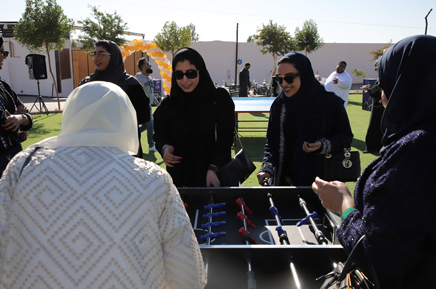
In our development programmes we judiciously balance the short-term and long-term considerations. While we impart the necessary skills to those who hold leadership positions today we also give a great deal of importance to training the leaders of the future.
Tadawul and its subsidiaries launched the second cycle of the Graduate Development Program (GDP) during the year, with some enhancements over the previous programme. Through this programme we create a talent pipeline out of which future leaders can be groomed. The benefits will accrue in the long-term, not only to the Exchange but to the Kingdom as a whole. We received a total of 15,700 applications out of which 41 were selected. Enhancements to the Graduate Development Program were carried out to enable trainees apply their existing academic knowledge to practical situations that they will encounter in the workplace. The programme now focuses on giving the GDP trainees a specific job title and preparing them for a specific job role, so that they will be able to fulfil the full job potential of that role. This will be achieved by giving the GDP trainees actual job duties, responsibilities and accountabilities.
Furthermore, the programme offers an intensive five-day CME 1 preparation course that ends with the official CME 1 exam, which is a requirement for all employees at Tadawul, Edaa, and Muqassa. We also offer our GDP employees options from four to six training courses including soft and technical skills. These courses are designed to upgrade GDP employees’ career potential and professional skills.
Some other changes were also made to the programme to attract more candidates such as:
- Commencing quarterly rather than annually to meet business needs and offer more opportunities to fresh graduates around the year.
- Hiring on an existing vacancy to guarantee employment upon a good evaluation.
We have also fostered other learning and development initiatives that take an innovative approach.





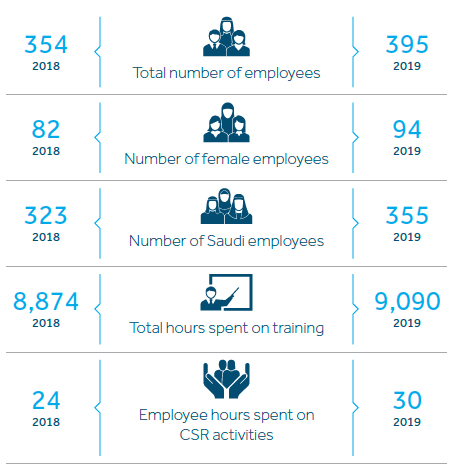
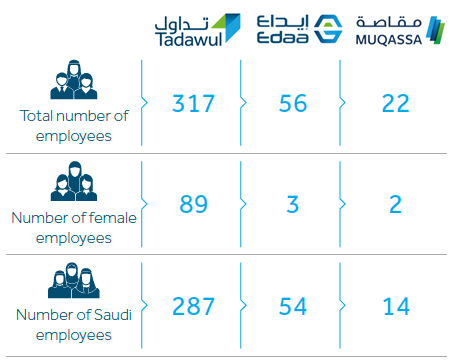
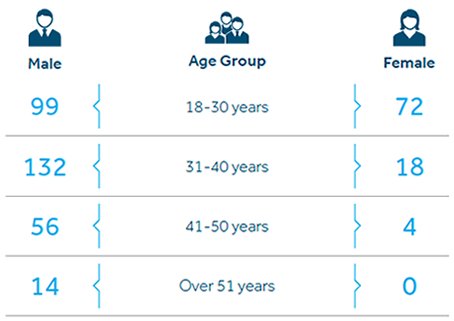
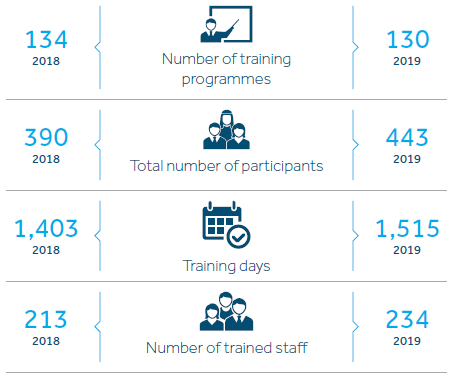
 Opportunities and developments
Opportunities and developments